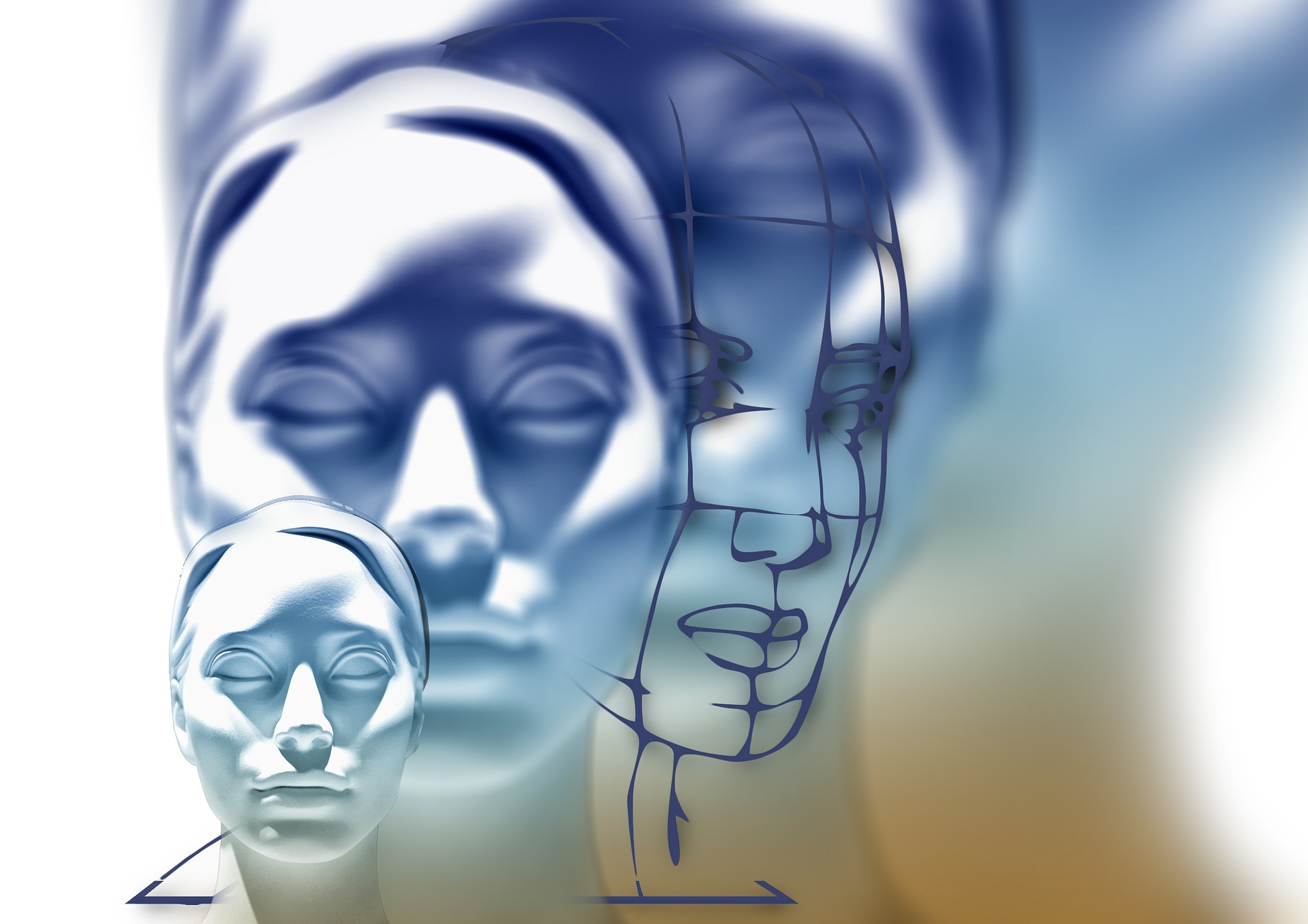 Submitted by Rabbi Ezra Stern on
Submitted by Rabbi Ezra Stern on

Our world culture is founded on the assumption that the Big Bang gave rise to matter, which in time evolved into the world, into which the body was born, inside which a brain appeared, out of which awareness at some late stage developed. None of this could ever be verified, because it is not possible to legitimately assert the existence of anything prior to awareness or consciousness. Therefore, any honest model of reality must start with awareness. To start anywhere else is to build a model on the shifting sands of belief.
It is commonly believed that awareness is a property of the body, and as a result we feel that it is ‘I, this body’ that knows or is aware of the world. That is, we believe and feel that the knowing with which we are aware of our experience is located in and shares the limits and destiny of the body. This is the fundamental assumption of self and other, mind and matter, subject and object that underpins almost all our thoughts and feelings, and is subsequently expressed in our activities and relationships.
However, it is not ‘I, the body’ that is aware; it is ‘I, awareness’ that is aware. A body doesn’t have awareness; awareness ‘has’ the experience of a body. The body, as it is actually experienced, is a series of sensations and perceptions in the finite mind, and the only substance present in mind is pure knowing or awareness. It is thought alone that conceptualises and, as such, abstracts the body as an object made of matter appearing outside awareness. However, if we stay strictly with the evidence of experience, the body is an appearance in awareness; awareness is not an appearance in the body.
An inevitable corollary to the belief that awareness is a by-product of the body is the belief that awareness is intermittent, that it appears and disappears, that it starts at one time and ends at another. However, to assert the absence of awareness as an actual experience, something would have to be aware of that experience, and that very ‘something’ would be awareness itself. Therefore, such a claim confirms the presence of awareness rather than its absence. It is our experience that we are continuously aware.
When I say that we are continuously aware, one might legitimately ask who is the ‘we’ that is being referred to. Who is the ‘we’ that is aware that we are continuously aware? Who or what has the experience of being aware? Who or what knows that there is awareness? Awareness is the aware or knowing element in all experience and is, therefore, the only ‘one’ present to know whatever is known or experienced, including its own presence.
Therefore, the experience of being aware, or the knowledge ‘I am’, ‘I am aware’ or ‘There is awareness’ is awareness’s knowledge of itself. Only awareness knows that there is awareness. Only awareness is aware. As such, awareness is self-aware. Just as all objects on earth are illuminated by the sun but the sun alone is self-luminous, so all experience is known by awareness, but awareness itself is self-knowing. Thus, it is awareness’s experience that it is continuously or, more accurately, eternally aware.
Being aware is awareness’s primary experience. Awareness knows its own being before it knows any other thing. Thus, awareness’s knowing of its being is the original knowledge, the primary, fundamental and subjective knowledge upon which all objective knowledge is based. It is the ground from which all experience rises and upon which it rests, just as the colourless screen is the foundation upon which all images play.
Awareness’s knowing of its being is also its ultimate or final knowledge, that is, the knowledge that remains over after every thought, feeling, sensation and perception has vanished, just as the screen remains over after a movie ends. It is to this understanding that Jesus refers in the Book of Revelation when he says, ‘I am the Alpha and the Omega, the First and the Last, the Beginning and the End.’ It is also the knowledge to which the term Vedanta, meaning the ‘end of knowledge’, refers.
* * *
Because we normally believe that it is ‘I, the body’ that is aware or has awareness, the body and, by extension, the world are considered to precede awareness. Thus, awareness is considered to be derived from the body, as an epiphenomenon of the brain. However, in order to legitimately claim this, we would have to experience the body prior to the experience of being aware, and then notice the experience of being aware arising in the body. Nobody has ever had, or could ever have, this experience. If we maintain the honesty and rigor of the scientist, who is willing to state only the facts of experience without any regard for their implications or consequences, we must acknowledge that awareness is the primary element in all experience.
Being aware or awareness itself is not a property of a person, self or body. All that is known of a body is a flow of continuously changing sensations and perceptions. All sensations and perceptions appear in mind, and the only substance present in mind is awareness or consciousness itself. But, the body is an appearance in mind, and the ultimate reality of mind, and therefore the body, is awareness.
The essential nature of awareness is to be aware, just as it is the nature of the sun to shine. Simply by being itself, awareness is aware of itself, just as the sun illuminates itself simply by being itself. Awareness cannot cease being aware, for being aware is its nature. If it ceased being aware, it would cease being awareness. Where would awareness go if it were to cease and therefore disappear? There is nothing in our experience – that is, there is nothing in awareness’s experience – that is prior to or ‘further back’ than awareness itself, into which awareness could disappear.
It is thought that mistakenly identifies awareness with the limits and destiny of the body and thus believes that awareness is intermittent. However, in awareness’s own experience of itself – and awareness is the only ‘one’ that is in a position to know anything about itself – it is eternal, or ever-present.
Although awareness is eternally aware of itself, it is not always aware of the body. The body is an appearance in and of the finite mind, and the finite mind is itself a modulation of awareness. But, the body is a temporary modulation of and an appearance in awareness; awareness is not an appearance in the body. Awareness itself is not intermittent. It is a continuous, or, more accurately, ever-present, non-objective experience.
How could something that is ever-present be a by-product of something that is intermittent? To believe that awareness is a by-product of the body is like believing that a screen is produced by the movie that appears on it. The screen is continuous; the movie comes and goes. The movie is a by-product of the screen. Awareness is like a self-aware screen: in its own experience of itself it is continuous or ever-present.
This is an excerpt from The Nature of Consciousness: Essays on the Unity of Mind and Matter by Rupert Spira, published by New Harbinger Publications and Sahaja Publications.
http://spiritualityhealth.com/articles/2017/06/01/only-awareness-aware
- 865 reads